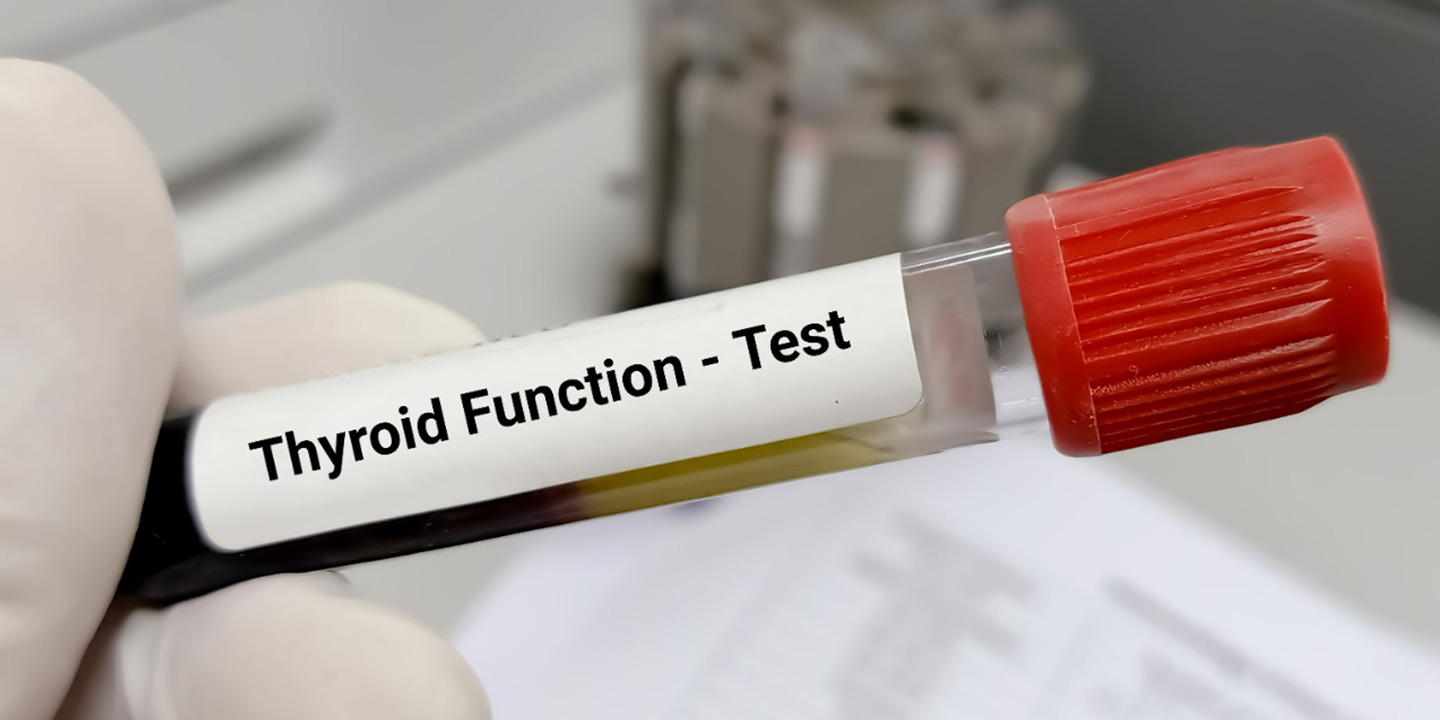Detoxification, commonly referred to as detox, is the process of eliminating toxins from the body. It is a critical first step in the journey towards recovery from substance abuse. Detox is not just about cleansing the body; it’s a complex biological process that involves numerous systems working together to restore balance and health. Understanding the science behind detox can help individuals appreciate the importance of this phase and prepare for the challenges that may arise.
In this article, we’ll explore how the body heals during detox and the vital role that Nashville detox centers and other detox centers in Tennessee play in facilitating this process. We’ll also discuss the function of the liver, kidneys, and brain during detox, and why professional care at a treatment center is essential for a safe and effective recovery.
Understanding the Detox Process
The Role of the Liver in Detoxification
The liver is the body’s primary detoxification organ, responsible for filtering toxins from the bloodstream and breaking them down into substances that can be safely excreted. When someone uses drugs or alcohol, their liver works overtime to process these substances, converting them into less harmful chemicals that can be removed from the body. However, chronic substance abuse can overwhelm the liver, leading to a buildup of toxins and damage to liver cells.
During detox, the liver continues its vital role in metabolizing toxins. It produces enzymes that break down drugs and alcohol, preparing them for elimination through urine or bile. In cases of long-term substance abuse, the liver may need time to repair itself and regain full function. This is why a medically supervised detox at a Nashville detox center is crucial—medical professionals can monitor liver function and provide necessary support to ensure the detox process is safe.
The Importance of the Kidneys in Detox
While the liver is the main detoxification organ, the kidneys also play a significant role in removing toxins from the body. The kidneys filter the blood, removing waste products and excess substances, which are then excreted in the urine. During detox, the kidneys work to eliminate the byproducts of metabolized drugs and alcohol, helping to cleanse the body.
Dehydration is a common issue during detox, particularly in cases of alcohol withdrawal, where excessive urination can lead to fluid loss. Dehydration can strain the kidneys, making it more difficult for them to filter waste. This is why hydration is a key component of detox programs at detox centers in Tennessee. By ensuring that patients stay hydrated, these centers help support kidney function and promote the efficient elimination of toxins.
The Brain’s Recovery During Detox
Substance abuse doesn’t just affect the body; it has profound impacts on the brain. Drugs and alcohol alter brain chemistry, disrupting the balance of neurotransmitters—chemical messengers that regulate mood, behavior, and bodily functions. Over time, the brain becomes dependent on these substances to function normally, leading to addiction.
During detox, the brain begins to heal as it adjusts to the absence of drugs or alcohol. This process, however, can be challenging, as the brain struggles to regain balance. Withdrawal symptoms, such as anxiety, depression, irritability, and cravings, are the result of the brain’s attempt to rebalance itself. These symptoms can be intense, making the detox phase particularly difficult.
Professional care at a treatment center is essential during this time. Medical professionals can provide medications to ease withdrawal symptoms, monitor mental health, and offer support to help patients cope with the psychological challenges of detox. This comprehensive care is vital for ensuring that the brain can heal safely and effectively.
The Immune System’s Response to Detox
Substance abuse weakens the immune system, making the body more susceptible to infections and illnesses. During detox, the immune system begins to recover, but this process can take time. The body’s natural defense mechanisms need to be restored to full strength, which requires proper nutrition, hydration, and rest.
Nashville detox centers and other detox centers in Tennessee emphasize the importance of supporting the immune system during detox. This includes providing a balanced diet rich in vitamins and minerals, encouraging rest and sleep, and monitoring for any signs of infection or illness. By supporting the immune system, these centers help ensure that the body can heal more quickly and effectively.
The Importance of Hydration and Nutrition in Detox
Proper hydration and nutrition are essential for a successful detox. As the body works to eliminate toxins, it requires adequate fluids to support kidney function and prevent dehydration. Nutrition is equally important, as the body needs the right nutrients to repair damaged tissues, support the immune system, and restore overall health.
During detox, patients often experience a loss of appetite, nausea, or gastrointestinal issues, which can make it difficult to maintain proper nutrition. Detox centers in Tennessee address this by providing carefully planned meals that are easy to digest and rich in essential nutrients. They also monitor patients’ hydration levels, ensuring that they receive enough fluids through drinking water or intravenous (IV) therapy if necessary.
The Stages of Detox: What to Expect
The Initial Stage: Acute Withdrawal
The first stage of detox, known as acute withdrawal, typically begins within hours of the last use of drugs or alcohol. This stage is characterized by the onset of withdrawal symptoms, which can vary in intensity depending on the substance used, the duration of use, and the individual’s overall health.
During this stage, the body begins to eliminate the substances from its system, leading to a variety of symptoms such as sweating, shaking, nausea, vomiting, headaches, and insomnia. In cases of severe alcohol or drug dependence, withdrawal can also involve more serious symptoms like seizures, hallucinations, or delirium tremens (DTs).
At a Nashville detox center, patients undergoing acute withdrawal are closely monitored by medical professionals who can provide medications to ease symptoms and prevent complications. This level of care is crucial for ensuring that the detox process is as safe and comfortable as possible.
The Second Stage: Early Abstinence
After the initial withdrawal symptoms subside, the body enters the early abstinence stage. This stage is marked by a gradual improvement in physical symptoms, but psychological symptoms such as anxiety, depression, and cravings may persist. The brain is still adjusting to the absence of substances, and the risk of relapse is high during this time.
Treatment centers play a vital role in supporting patients through this stage. In addition to medical care, they provide counseling, therapy, and support groups to help individuals cope with the psychological challenges of early abstinence. By addressing both the physical and mental aspects of detox, these centers help patients build a strong foundation for long-term recovery.
The Third Stage: Post-Acute Withdrawal Syndrome (PAWS)
Post-Acute Withdrawal Syndrome (PAWS) is a phase that can occur after the initial detox period, lasting for weeks or even months. PAWS is characterized by lingering symptoms such as mood swings, anxiety, depression, irritability, and difficulty concentrating. These symptoms are the result of the brain’s continued adjustment to life without substances.
While PAWS can be challenging, it’s important to remember that it’s a normal part of the recovery process. Detox centers in Tennessee and treatment centers offer ongoing support during this stage, including therapy, counseling, and sometimes medication to help manage symptoms. This support is crucial for helping individuals stay on track with their recovery and avoid relapse.
The Role of Professional Detox Centers in Recovery
Medical Supervision and Safety
Detoxing from drugs or alcohol is a complex process that should not be attempted alone. The risk of severe withdrawal symptoms, dehydration, and other complications makes medical supervision essential. Nashville detox centers provide 24/7 monitoring by healthcare professionals who can respond quickly to any issues that arise, ensuring that the detox process is as safe as possible.
These centers also have the resources to provide medications that can ease withdrawal symptoms and prevent complications, making the detox experience more manageable. In a medically supervised environment, patients can detox with the confidence that they are in safe hands.
Emotional and Psychological Support
Detox is not just a physical process; it’s also an emotional and psychological one. The cravings, anxiety, and depression that often accompany detox can be overwhelming, making it difficult for individuals to stay committed to their recovery. Treatment centers provide a supportive environment where patients can receive counseling, therapy, and support from others who understand what they’re going through.
By addressing the emotional and psychological aspects of detox, these centers help patients develop the coping skills needed to navigate the challenges of recovery. This comprehensive approach is essential for long-term success.
Preparing for the Next Steps in Recovery
Detox is just the first step in the recovery journey. Once the body has eliminated the substances, the real work of recovery begins. Nashville detox center and other detox centers in Tennessee help patients prepare for the next phase of treatment, whether that’s inpatient rehab, outpatient therapy, or a combination of both.
These centers work with patients to develop personalized treatment plans that address their unique needs and challenges. By providing a solid foundation for recovery, they set the stage for a successful transition to the next steps in the recovery process.
Conclusion: The Healing Power of Detox
Detox is a critical first step in the journey to recovery from substance abuse. By understanding the science behind detox and how the body heals during this process, individuals can better appreciate the importance of this phase and the role that professional care plays in ensuring a safe and effective detox.
Whether you’re seeking help at a Nashville detox center, another detox center in Tennessee, or a specialized treatment center, it’s important to remember that detox is just the beginning. With the right support, individuals can overcome the challenges of detox and embark on a path to long-term recovery, health, and well-being.
Keep an eye for more news & updates on Internal Insider!










